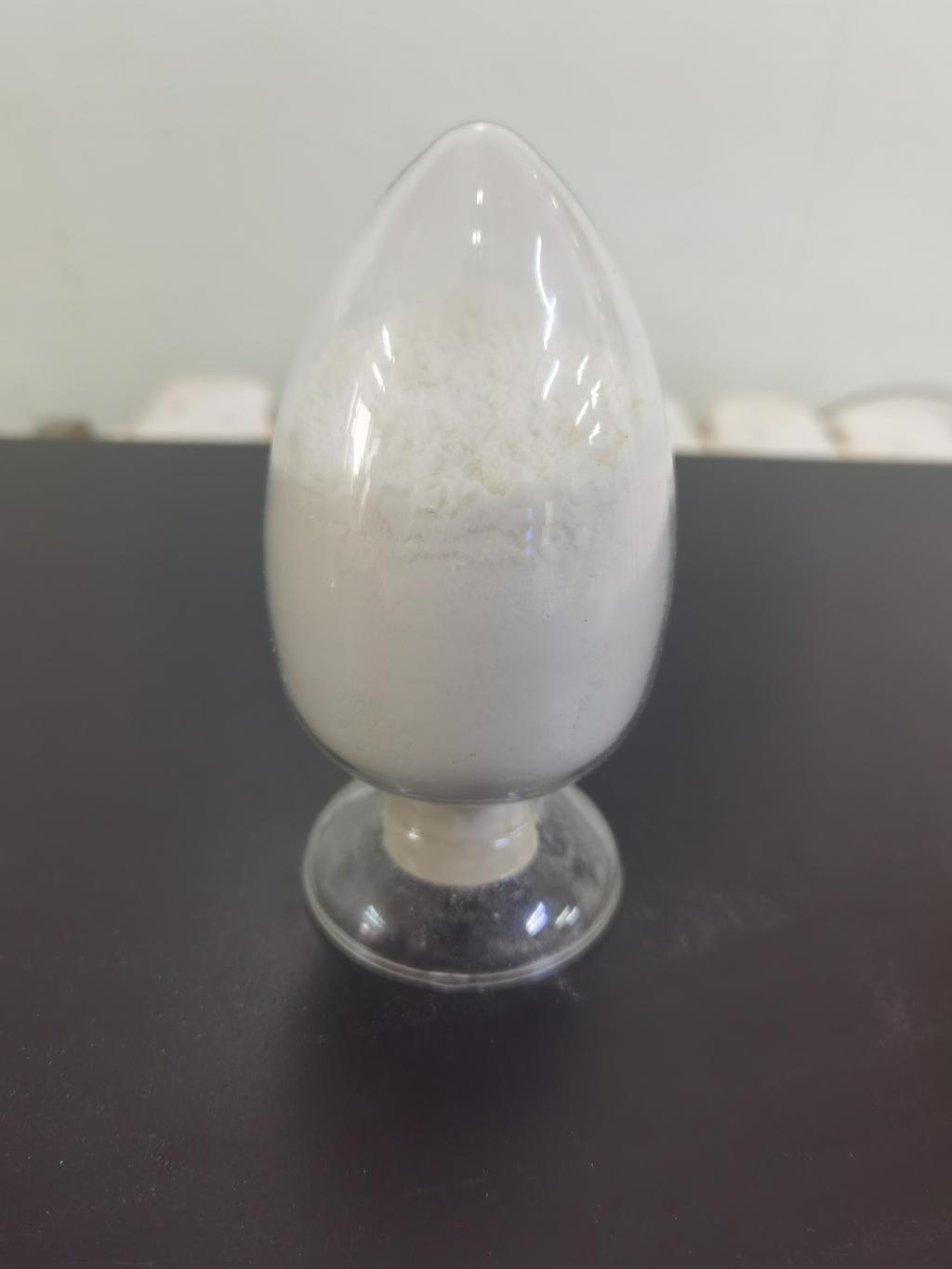Tel:+8618231198596

News
 CONTACT
CONTACT
 CONTACT
CONTACT
- Linkman:Linda Yao
- Tel: +8618231198596
- Email:linda.yao@dcpharma.cn
- Linkman:CHARLES.WANG
- Department:Overseas
- Tel: 0086 0311-85537378 0086 0311-85539701
News
Are there any considerations when consuming products containing ε-Polylysine hydrochloride?
TIME:2023-03-28
In this article, we will discuss the dietary restrictions and considerations that consumers should keep in mind when consuming products containing ε-polylysine hydrochloride.
What is ε-Polylysine Hydrochloride?
ε-Polylysine hydrochloride is a linear cationic peptide that is produced by the fermentation of Streptomyces albulus. It is made up of 25-35 L-lysine residues that are linked by peptide bonds. ε-Polylysine hydrochloride has strong antimicrobial activity against a wide range of microorganisms, including Gram-positive and Gram-negative bacteria, yeast, and mold.
As a food preservative, ε-polylysine hydrochloride is commonly used in a variety of food products, including meat, poultry, fish, dairy products, baked goods, and beverages. It is added to food products to extend their shelf life and prevent spoilage caused by microbial growth.
Dietary Restrictions and Considerations
Allergies
Consumers who have a known allergy to L-lysine should avoid consuming products containing ε-polylysine hydrochloride. L-lysine is an essential amino acid that is found in many foods, including meat, dairy products, and legumes. Some people may be allergic to L-lysine, which can cause symptoms such as hives, itching, and swelling.
Pregnancy and Breastfeeding
There is limited information about the safety of consuming ε-polylysine hydrochloride during pregnancy and breastfeeding. As a precaution, pregnant and breastfeeding women should avoid consuming products containing ε-polylysine hydrochloride unless they have been advised to do so by a healthcare professional.
Kidney Disease
Consumers who have kidney disease or are on dialysis should be cautious when consuming products containing ε-polylysine hydrochloride. L-lysine, the amino acid found in ε-polylysine hydrochloride, is primarily excreted by the kidneys. In individuals with impaired kidney function, the accumulation of L-lysine in the body can lead to various health problems.
Medications
Consumers who are taking medications for high blood pressure should be cautious when consuming products containing ε-polylysine hydrochloride. L-lysine, the amino acid found in ε-polylysine hydrochloride, can lower blood pressure. When taken in combination with blood pressure medications, it can cause blood pressure to drop too low, leading to dizziness, fainting, and other related symptoms.
Gluten-Free Diet
ε-Polylysine hydrochloride is gluten-free and is safe for consumption by individuals with celiac disease or gluten intolerance.
Conclusion
ε-Polylysine hydrochloride is a natural food preservative that is widely used in the food industry to prevent spoilage and extend the shelf life of various food products. While it is generally safe for consumption, there are certain dietary restrictions and considerations that consumers should keep in mind.
Consumers with known allergies to L-lysine, pregnant and breastfeeding women, individuals with kidney disease or on dialysis, and those taking medications for high blood pressure should exercise caution when consuming products containing ε-polylysine hydrochloride.
As always, it is important to read food labels carefully and consult with a healthcare professional if you have any concerns about consuming products containing ε-polylysine hydrochloride, especially if you fall into one of the aforementioned categories. By doing so, you can ensure that you are making informed decisions about what you put into your body.
It is also important to note that while ε-polylysine hydrochloride is generally considered safe, excessive consumption of products containing this preservative may have negative health consequences. As with any food additive, moderation is key.
In conclusion, ε-polylysine hydrochloride is a useful and effective food preservative that can help extend the shelf life of various food products. However, consumers should be aware of any dietary restrictions or considerations that may apply to them before consuming products containing this additive. By doing so, they can make informed decisions about their diet and ensure that they are staying healthy and safe.
- Tel:+8618231198596
- Whatsapp:18231198596
- Chat With Skype







